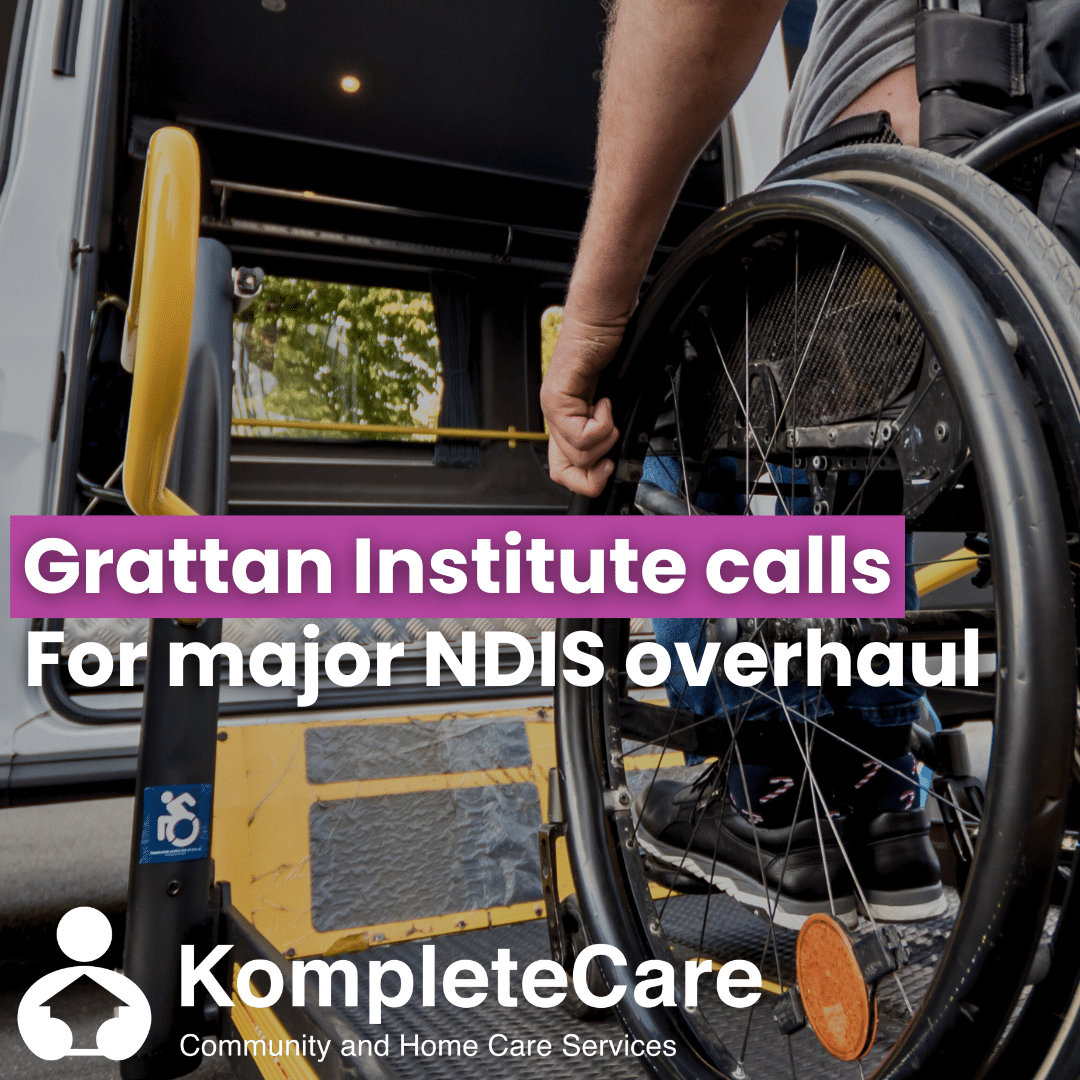A landmark report released by the Grattan Institute has called for sweeping changes to the National Disability Insurance Scheme (NDIS), proposing a tighter focus on eligibility, budgeting, and the introduction of a new tier of support. While the report argues changes are vital to ensuring the long-term sustainability of the scheme, disability advocates and service providers have raised concerns about the potential impact on children, especially those with autism and psychosocial disabilities.
About the Grattan Institute
The Grattan Institute is one of Australia’s leading public policy think tanks, known for its evidence-based research across education, health, energy, and economic policy. Founded in 2008, the non-partisan institute is based in Melbourne, and committed to informing policy debates with rigorous analysis and practical recommendations.
Its health and disability work are widely regarded in government and service sectors alike, often influencing national-level policy debates.
A plan to save the NDIS
The report, Saving the NDIS, was released on June 30, 2025, amid increasing concern about the scheme’s cost trajectory. NDIS spending, which has grown significantly since its inception, is forecast to surpass $50 billion annually by 2026. The Grattan Institute estimates its proposed reforms could reduce long-term costs by more than $46 billion over the next decade.
According to the report, preserving the scheme for those it was originally designed to support—people with permanent and significant disabilities—is essential to its sustainability. At the same time, the Grattan Institute emphasises the importance of building a parallel support system for individuals who may not meet the NDIS eligibility threshold, but still require assistance.
Four key recommendations
The report outlines four central reforms aimed at recalibrating the scheme, improving fairness and efficiency:
- Clarify NDIS eligibility
The report recommends tightening access to the scheme by refining definitions of permanent impairment and removing automatic eligibility pathways based solely on diagnosis. This would particularly affect early intervention programs for children, which the report claims have drifted beyond the scheme’s original scope.
- Standardised budgeting and needs-based assessments
A new national assessment model would determine funding levels based on functional capacity, rather than diagnosis or past plan history. The aim is to bring consistency to funding decisions and reduce variability across similar participants.
- Create a tier of ‘Foundational Supports’
For individuals who do not qualify for the NDIS but still require assistance, the report calls for a new foundational support system. This would be publicly funded outside the NDIS and offer early intervention, therapy, and community inclusion supports.
- Establish a new national disability agreement
To better define the roles of federal and state governments, the Grattan Institute recommends replacing the outdated 2008 National Disability Agreement with a new framework that allocates responsibility for foundational and mainstream supports.
Not enough without the infrastructure
While the Grattan Institute’s report has been praised for its rigorous analysis and cost-saving potential, many within the disability community are sounding the alarm over the risks of removing or reducing NDIS supports before foundational systems are fully in place.
Concerns are particularly acute for children on the autism spectrum, who often rely on NDIS early intervention services to support developmental outcomes. The proposed changes could limit access unless new state-funded services are rapidly developed—a move critics argue could take years.
What happens next?
The federal government is currently reviewing the Grattan’s Institute’s recommendations in tandem with the ongoing NDIS Review. Officials have stated no changes will be introduced without broad consultation. However, recent decisions—such as the February 2025 cuts to music and art therapy—have already triggered widespread concern among participants and providers, raising questions about the true direction of the government’s reform agenda.
Disability advocates across the country are calling for a measured and transparent approach. In particular, they are urging policymakers to ensure any changes to eligibility are accompanied by a fully funded and accessible network of foundational supports outside the NDIS. Without such safeguards, thousands of Australians—especially children and those with complex psychosocial needs—could be left without the services they depend on.
As the national conversation around NDIS reform continues, participants, carers, and providers are seeking reassurance that the scheme will remain centered on its original purpose: to support people with disability lead full and inclusive lives.
While there is broad agreement the NDIS must be sustainable, reforms must also uphold the dignity and autonomy of the individuals it serves. Poorly sequenced or under-resourced changes could shift the burden of care onto families and communities already stretched thin—undermining the very foundation on which the scheme was built.
At KompleteCare, we see firsthand the difference consistent, person-centred supports make in people’s lives. As a provider committed to holistic and compassionate care, we support a future where reforms strengthen, not diminish, the quality and accessibility of services. Regardless of what changes may come, we remain focused on delivering care that is personal, practical, and above all, human.
If you or a loved one require support, give our friendly team a call today on (08) 8265 5696, or fill out an enquiry form via our website.










